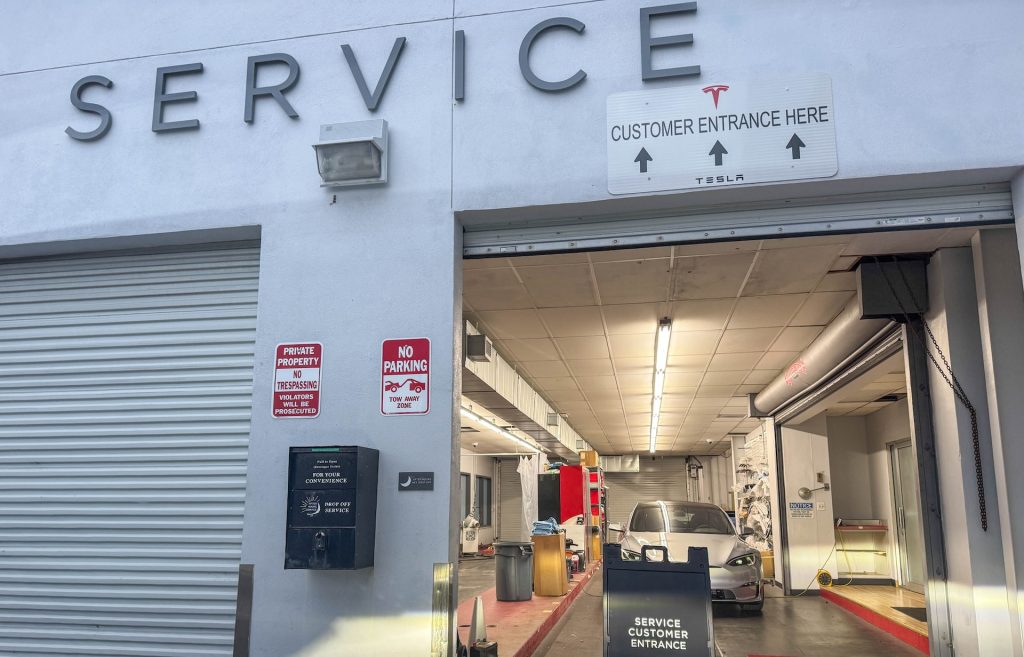Waiting days to get your car issues fixed is more than an annoyance; it’s a hindrance. Tesla owners may love their cars, but they hate the company’s customer service for this reason. The electric vehicle manufacturer aims to fix this by adding artificial intelligence to its service department.
Not a Tesla App reported that Raj Jegannathan, Tesla’s IT vice president, announced that the company is starting a pilot program with AI integrated into the service communication. It will be programmed to tell customers about delays, such as when the company is waiting on parts. It will also monitor customer tone to detect dissatisfaction. The goal will be that if the AI monitors delays or dissatisfaction, the concern will be escalated to a manager before the customer requests to speak to a manager.
Tesla is also working to escalate concerns more quickly. The May 9 report said that within a couple of weeks, customers will be able to type “escalate” into the message center to speak to a manager.
Jegannathan wrote on the social platform X that the company is working to ensure people don’t abuse this function.
Customer service dissatisfaction is just one of Tesla’s struggles this year. CEO Elon Musk’s involvement with the Department of Government Efficiency has not been well-received by all — and it appears to have impacted sales, even though other factors are also at play.
According to CNBC, the company’s 2025 first-quarter earnings report revealed that automotive revenue declined 20% compared to last year. Net income had also decreased by 71%.

Want to go solar but not sure who to trust? EnergySage has your back with free and transparent quotes from fully vetted providers that can help you save as much as $10k on installation.
To get started, just answer a few questions about your home — no phone number required. Within a day or two, EnergySage will email you the best local options for your needs, and their expert advisers can help you compare quotes and pick a winner.
No one likes delays in customer service, so if AI can ease current Tesla drivers’ tensions, it may help keep potential Tesla buyers intrigued enough to make the leap.
At this point, declining sales haven’t hit the EV market overall. European Automobile Manufacturers’ Association data showed that Tesla sales had dropped 37%, while EV sales had grown 23.9% in Europe in Q1 of 2025.
Studies have already shown the benefits of EVs for the environment. For example, Ronald Cohen, a University of California, Berkeley, professor, placed 57 sensors in San Francisco to monitor carbon pollution. The study found that carbon gases decreased by 1.8% per year from 2018 to 2022, with growing EV adoption appearing to play a key role.
However, while AI may help with customer satisfaction, it could also harm the environment, particularly if the data centers that power it rely on dirty fuels.
TCD Picks » Quince Spotlight
💡These best-sellers from Quince deliver affordable, sustainable luxury for all
According to the International Energy Agency, “a request made through ChatGPT, an AI-based virtual assistant, consumes 10 times the electricity of a Google Search,” per the United Nations Environment Programme. Data centers that power AI also need large amounts of water.
For its part, Tesla aims to use 100% nonpolluting, renewable energy across its operations, and it has already made strides toward that goal, per its most recent Impact Report. It is unclear exactly where the AI assistant’s power will come from, though.
One way to help support the environment at home is to charge your EV with solar power. Buying an EV can already save you about $1,500 annually on gas and maintenance. However, charging your vehicle with solar can save you more.
EnergySage has a marketplace where you can compare installation prices for free. It can even save you up to $10,000 on installation costs.
Join our free newsletter for good news and useful tips, and don’t miss this cool list of easy ways to help yourself while helping the planet.

